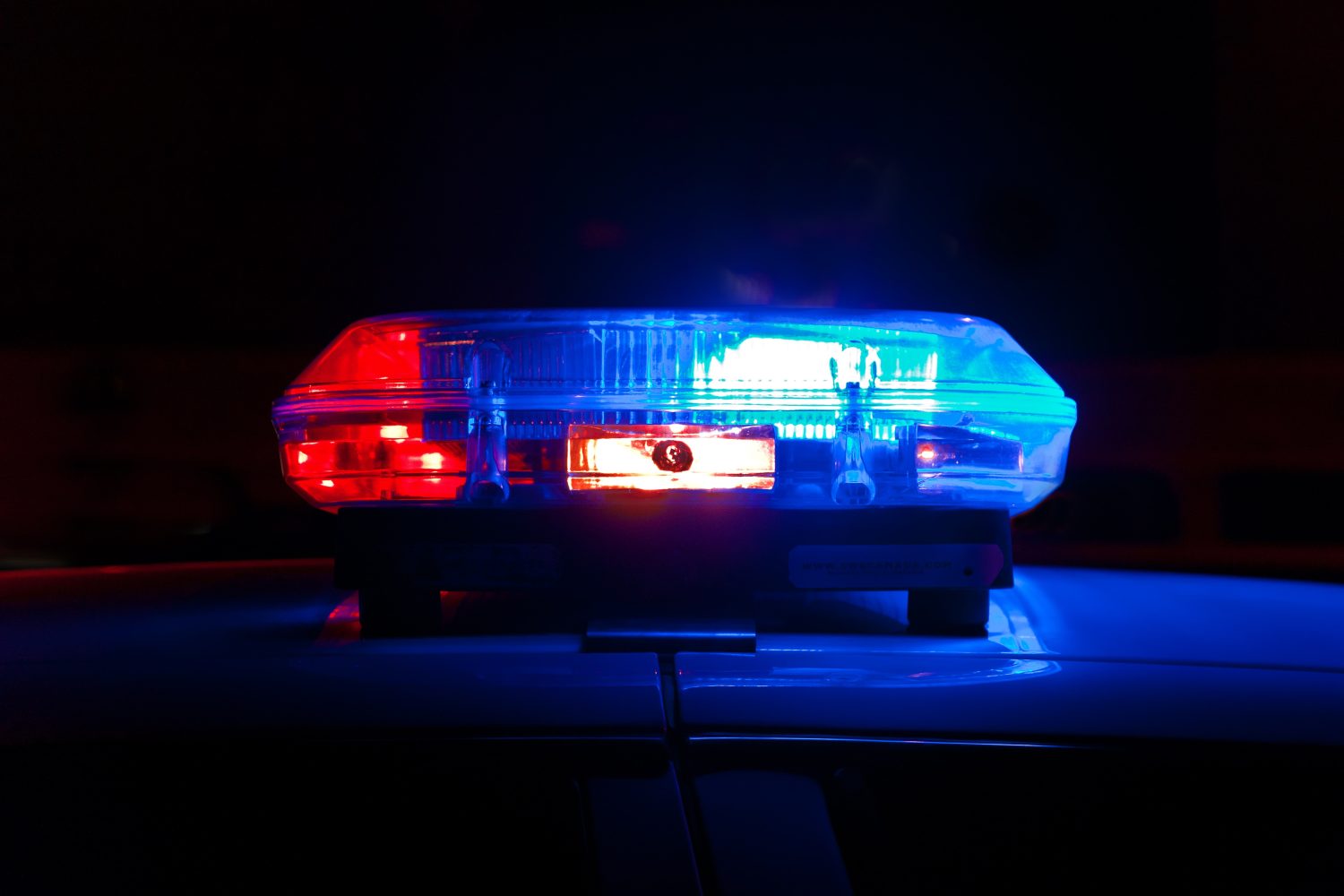
The continuing evolution of rules and legal interpretations on official drone use in the US took another twist this week with the decision by a California appellate court rebuffing Chula Vista municipal police claims that all videos its UAVs capture on duty are “records of investigations,” and as such protected from public scrutiny.
Wednesday’s decision by the Fourth Appellate District of California’s Court of Appeals overturned a ruling in April upholding the contention by Chula Vista police that video its drones take during 911 responses are secret. That earlier judgment agreed with the force’s position images shot during official flights are exempt from outside scrutiny under the California Public Records Act.
The case, which was filed by San Diego journalist Arturo Castañares, could feasibly have national implications in future battles over how footage is captured, used, stored, and protected by the growing number of public agencies across the US using drones.
One reason civil liberties groups will be particularly interested in how this week’s appellate decision unfolds in future litigation is Chula Vista’s unique status in UAV activity. The city was the first in the US to gain approval for widespread drone deployment in police response, and has been both active and defiant in responding to criticism of that policy – quite successfully, until now.
For those reasons, Chula Vista police deployment of drones has become an example to follow for supporters, and iconic of aerial threats to privacy by critics that – like the American Civil Liberties Union – claim discriminatory use of UAVs in the city have spread elsewhere in the US.
Wednesday’s ruling will therefore by welcomed by the latter, while decried by the former.
“We conclude, based on the record before us, the trial court’s broad ruling that all drone video footage, as a matter of law, is categorically exempt because the drones are only dispatched in response to 911 calls was error, the appeals court decision said.
There is, however, a significant “but” that Freedom of Information Act applicants will need to know about.
While rejecting the notion that all Chula Vista drone footage is by its very definition confidential as integral to police inquiries, the court’s decision also seems to accept police force’s reasoning that most videos shot are – and thereby not open to public access.
Indeed, in delivering its decision, the court cited some fairly restricted exceptions to a blanket ban on outside inspections.
“We can imagine such situations, e.g., potentially dangerous wildlife roaming the neighborhood, a stranded motorist, a water leak,” wrote Associate Justice Richard Huffman on when police 911 images might be open to unofficial viewing. “However, it might be the case, after further inquiry, consistent with this opinion, that the majority of the video footage is exempt. That said, we cannot make that determination on the record before us.”
In other words, if a family member claims to have been illegally rousted by Chula Vista police as a drone captured the scene, they’d better hope a bear or mountain lion meandered into frame, or a water main exploded in the background. Because based on that not insignificant qualification in the appeal’s ruling, wrenching the accessibility of such footage open wider – or closed once again – will have to wait for the next courtroom chapter in the ongoing aerial legal tussle.
January 23 Update
Lovers of the aforementioned legal tussles and courtroom confrontations, rejoice. The city of Chula Vista is appealing its recent defeat on drone video secrecy before the California Supreme Court.
The Southern California municipality has said it will take the case to the state high court to contest the very point the Fourth Appellate District Court set apart: the possible appearance of people – and thus their potential interest to public examination – in contested footage. In noting its standing refusal to make police drone video available, authorities explained that doing so “might have violated individual privacy rights.”
As part of its petition to the California Supreme Court to review the ruling, Chula Vista said work required for police to scrub footage of identifiable people in the videos would require prohibitive time and expenses. Its policy of not providing access, it said, was therefore an effort to balance effective drone activity to law enforcement and pragmatism on confidentiality issues, “not due to any desire for secrecy or to avoid accountability, but to avoid losing a program due to excessive costs and risks to the public’s privacy.”
Image: Scott Rodgerson/Unsplash
FTC: We use income earning auto affiliate links. More.



Comments